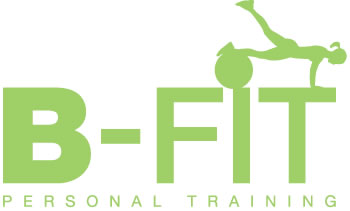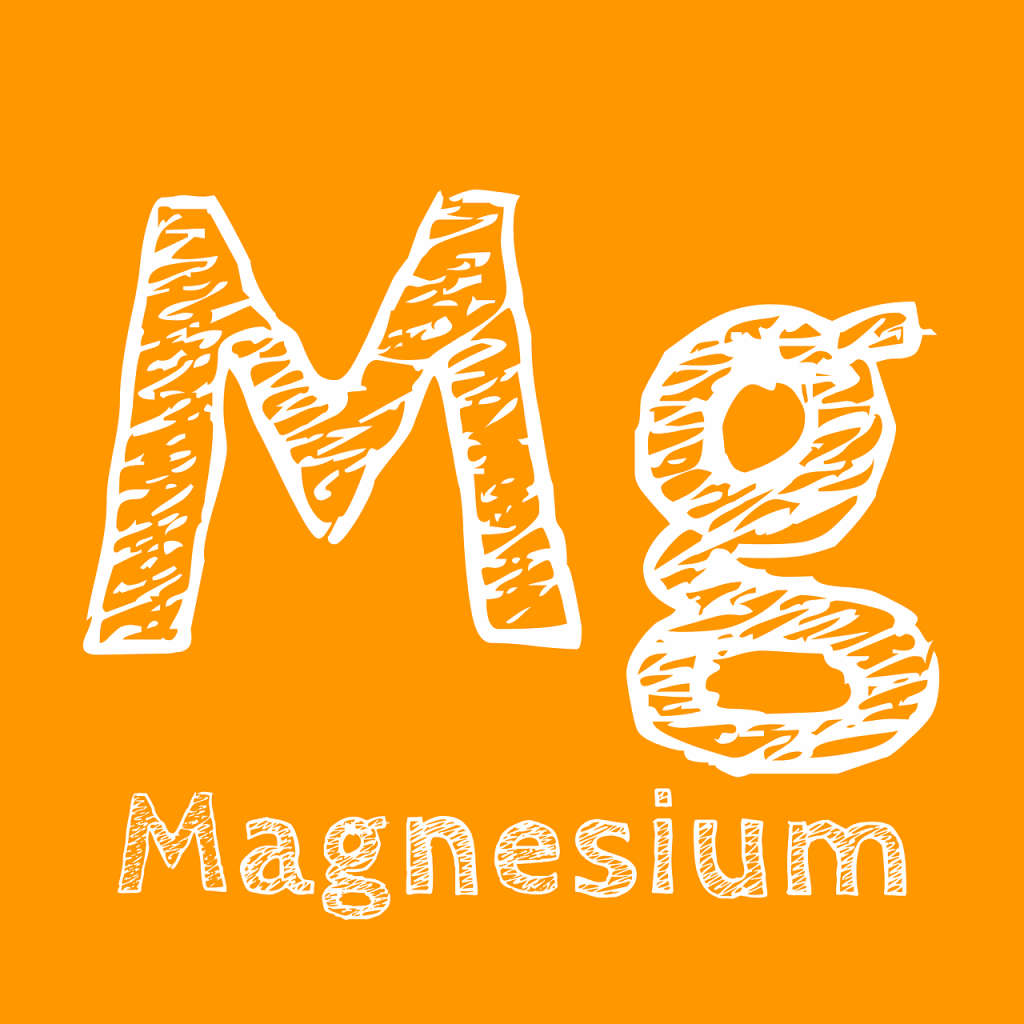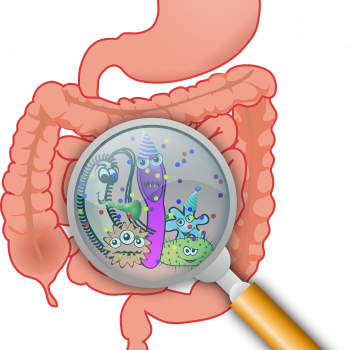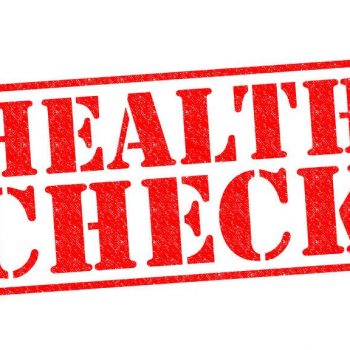You’re probably aware that our bodies need to absorb vitamins and minerals from the food that we eat, but did you know that because of the degradation of soil due to intensive and industrialised farming, the nutrients that plants need to grow are lacking in this day and age. This is why supplementation is important (you can read all about this in my recent blog, Choosing Supplements When Navigating Perimenopause). And by far one of the most essential of all minerals our bodies need is magnesium, because of the vital role it plays in so many of our bodily functions.
So, what’s so special about this magnificent mineral? Well for starters, magnesium is crucial for energy production and metabolism. It is required for the proper functioning of hundreds of enzymes that are involved in energy production, because it activates adenosine triphosphate (ATP), the primary energy carrier in cells, which enables it to power various biochemical reactions.
Magnesium is also essential for maintaining normal muscle and nerve function by regulating calcium levels within muscle cells. It also supports the transmission of nerve impulses and helps maintain a healthy nervous system.
In addition, magnesium is vital for bone health and cardiovascular function, because it is a structural component of bones and absorbs calcium, and helps to regulate blood pressure by promoting vasodilation and supporting a healthy heart rhythm, which can lower blood pressure. And on top of that, magnesium can help you lose weight, because it is involved in the regulation of insulin sensitivity and glucose metabolism. Insulin resistance, a condition where the body’s cells become less responsive to insulin, is a major contributing factor to obesity and weight gain. Studies have shown that individuals with higher magnesium intake tend to have better insulin sensitivity and a lower risk of developing insulin resistance. So by improving insulin sensitivity, magnesium may help to regulate your blood sugar levels and reduce cravings for sugary and high-carbohydrate foods.
Magnesium may also contribute to weight loss by reducing stress and promoting better sleep. Chronic stress and poor sleep quality are associated with increased levels of cortisol, a hormone that can promote abdominal fat accumulation and weight gain. By reducing stress and improving sleep quality, magnesium may also indirectly support weight loss efforts by promoting a healthier hormonal balance and reducing the risk of stress-related overeating.
And while magnesium alone is not a magic solution for weight loss, maintaining adequate magnesium levels can support various metabolic processes and contribute to a comprehensive weight management strategy.
Signs of Magnesium Deficiency
If you suspect that you’re not getting enough magnesium, then you can check for these signs……….
1. Muscle cramps, spasms or twitches: Magnesium plays a crucial role in muscle contraction and relaxation. Deficiency can lead to involuntary muscle contractions, cramps and twitching.
2. Fatigue and weakness: Low magnesium levels are linked to feelings of tiredness, general weakness and lack of energy.
3. Abnormal heart rhythms: Magnesium helps regulate heart rhythm. Deficiency may cause arrhythmias or irregular heartbeats.
4. Numbness and tingling: Nerve function is impaired by low magnesium, which can cause numbness or feeling pins-and-needles.
5. Osteoporosis: Magnesium is vitally important for the process of calcium absorption, so chronic deficiency can contribute to developing osteoporosis.
Other potential symptoms include muscle weakness, mental health issues like apathy or delirium, high blood pressure and asthma.
Dietary Intervention
It’s easier to prevent magnesium deficiency if you also include foods that are rich in this vital nutrient into your healthy diet. For instance, you could aim to have at least one portion of leafy green vegetables with each meal, including organic spinach, organic kale and/or organic Swiss chard. Raw nuts and seeds like almonds, cashews, pumpkin and flax are also rich in magnesium, which you can add to salads, organic yogurt or kefir, or even as a healthy snack instead of crisps or pretzels. In addition, organic beans, lentils and peas are magnesium-rich and also work as a plant-based protein source. And last, but not least, avocados are not only a good source of magnesium, but they also provide healthy fats.
CLICK HERE TO SEE MY MAGNESIUM-RICH GLUTEN-FREE CINNAMON BALLS RECIPE
Besides incorporating these delicious foods into your diet, you can also make sure that you stay adequately hydrated by drinking enough water each day, because this will help your body’s cells to absorb the magnesium that you eat properly. This also means limiting your alcohol and caffeine consumption, because they both not only dehydrate you, but increase the excretion of magnesium in your body, which will eventually lead to you having a deficiency.
However, you should also remember that the magnesium levels in our food is much lower now due to the nutrients in our soils being destroyed from growing conventional crops, which are bombarded with toxic herbicides, pesticides and other chemical synthetic fertilisers that not only kill all of the the bugs that help maintain soil nutrition. This is why I always recommend eating organic produce. I get my organic veg and fruit boxes delivered from Riverford Organics, which will send you a seasonal variety box each week to suit all budgets. And if you use this link, you’ll get a whopping £15 off your first order!!!………
CLICK HERE TO GET £15 OFF YOUR FIRST RIVERFORD ORGANICS ORDER
CLICK HERE TO READ MY BLOG, ORGANIC IS IT REALLY WORTH IT?
I hope this blog has helped you realise the importance of this vital mineral, so that you can make the most of magnesium!!!
Love, Gaynor x





